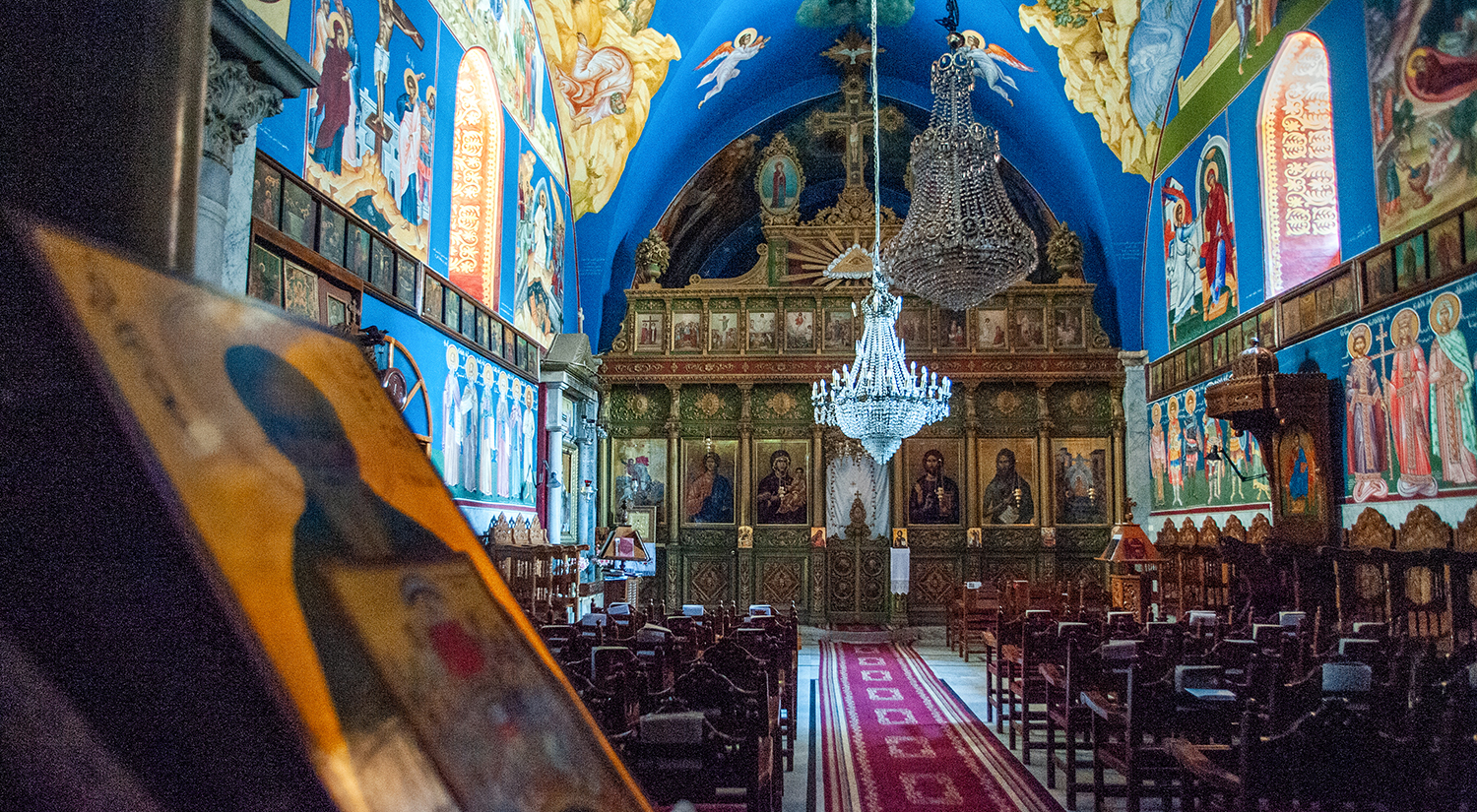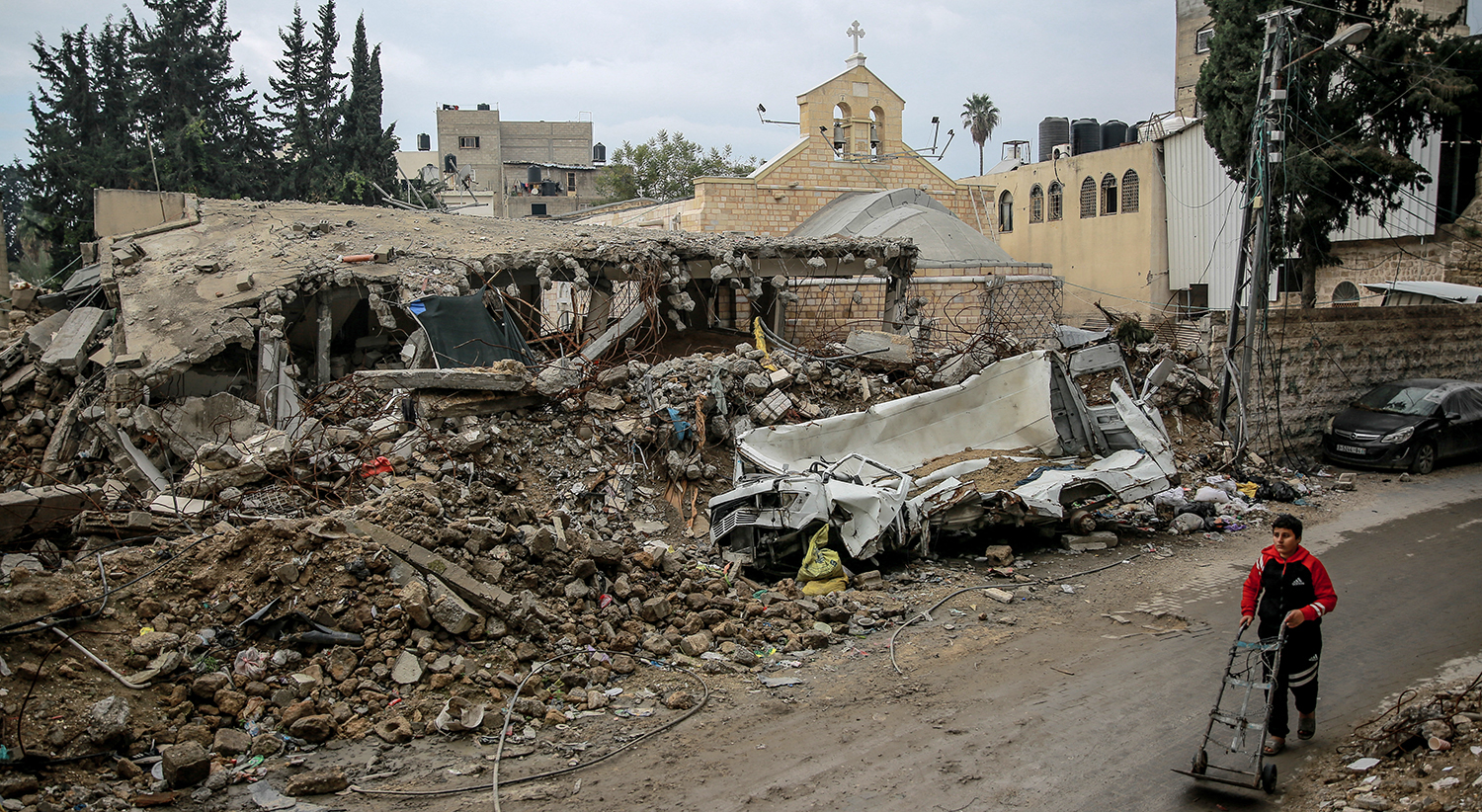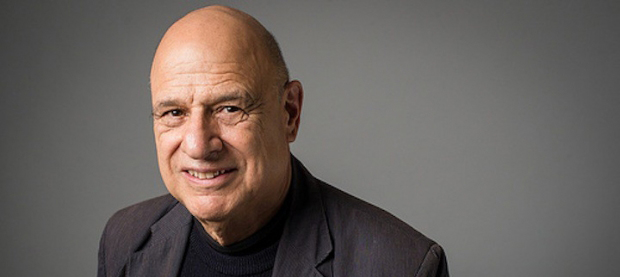Since Hamas launched horrific attacks on Israel and Israel responded with its deadly and devastating war in Gaza, we’ve heard much about this conflict. But we’ve been deaf to the pained cries of Christian brothers and sisters caught up — and dying — amid the tragedy.
Soon after Israel went to war in Gaza in October, believers living in Bethlehem and throughout Palestine pleaded with American Christians in their impassioned “Open Letter from Palestinian Christians to Western Church Leaders and Theologians.”
“We watch with horror the way many Western Christians are offering unwavering support to Israel’s war against the people of Palestine,” wrote the leaders of Bethlehem Bible College, Kairos Palestine and 10 other Christian groups.
“We deeply mourn the death and suffering of all people because it is our firm conviction that all humans are made in God’s image,” they said.
“We are also profoundly troubled when the name of God is invoked to promote violence and religious national ideologies … and we are disturbed by the silence of many church leaders and theologians when it is Palestinian civilians who are killed.”

The inside of Saint Porphyrius Church on June 18, 2013, located in the Zaytun Quarter of Gaza City, Gaza, occupied Palestinian territories. T (Photo by Craig Stennett/Getty Images)
Caught in the middle
These Palestinian Christians aren’t being dramatic. Their letter was issued one day after Israel bombed the compound of the Greek Orthodox Saint Porphyrius Church in Gaza City, leaving 16 of their brothers and sisters “martyrs.”
The church — the region’s largest and oldest (it was built in 1150 ) — was providing a safe place for hundreds of Muslims, Jews and Christians in its compound, much as it has done through decades of turmoil in the region. (The Israeli military said the harm to the church was an unintentional result of its fighter jets hitting a command and control center involved in attacks on Israel.)
This tragedy troubles me deeply because I got to know some of these godly people when I participated in their first international “Christ at the Checkpoint” conferences, which are organized and hosted every other year by Bethlehem Bible College. The college will host this year’s conference May 21-26.
The goal is simple: “To provide an opportunity for evangelical Christians to prayerfully seek a proper awareness of issues of peace, justice and reconciliation. We seek to renew the biblical call for justice and mercy in contexts of oppression and compel a unified mission of the global church.”

A young boy walks in front of Gaza City’s Greek Orthodox Church of Saint Porphyrius on January 5, 2024, damaged in Israeli bombardment during the ongoing battles between Israel and the Palestinian Hamas movement. (Photo by -/AFP via Getty Images)
Neglect and hostility
I was invited to Bethlehem more than a decade ago so I could answer a question these believers kept asking: “Why don’t Christians in the U.S. support us, or even acknowledge us?”
“Western attitudes toward Palestine-Israel suffer from a glaring double standard that humanizes Israeli Jews while insisting on dehumanizing Palestinians and whitewashing their suffering.”
Or as their October 2023 letter puts it: “Time and again, we are reminded that Western attitudes toward Palestine-Israel suffer from a glaring double standard that humanizes Israeli Jews while insisting on dehumanizing Palestinians and whitewashing their suffering.”
Palestinian Christians are aware that one part of the church, the global body of Christ, willfully ignores the suffering of another part of the body.
They don’t understand why American evangelicals celebrated the creation of modern Israel in 1948 and have stood with Israel ever since. They call 1948 the Nakba, or Catastrophe: the expulsion of some three-fourths of the region’s residents from their homes and ancestral homelands.
I did my best to explain why so many Christians over here turn their back on Christians over there, beginning with a discussion about how evangelicals interpret biblical prophecy. Most see modern-day Israel as a continuation of ancient Israel, and the place where prophecies of end times and Christ’s imminent return will be fulfilled.
I explained that evangelicals latched on to this dispensationalist approach to prophecy in the 20th century thanks to the Scofield Reference Bible, first published in 1909, Hal Lindsey’s 1970 blockbuster The Late Great Planet Earth and 16 Left Behind novels, beginning in 1995.
But most of today’s dispensationalists have no idea that for the previous 19 centuries, Catholic, Orthodox and Protestant Christians largely embraced a completely different approach to prophecy called Replacement Theology, or supersessionism, based on chapters 9-11 of Paul’s letter to the Romans.
Replacement Theology says God has replaced Israel with the church. Yes, long ago God raised up Jews in the Holy Land, but now his promises to Israel are fulfilled through a global church.
The Palestinian Christians’ open letter asks evangelicals to reconsider their single-minded loyalty to descendants of Isaac and their disdain for descendants of Ishmael, calling on those “who have voiced uncritical support for Israel and to call them to repent and change. Sadly, the actions and double standards of some Christian leaders have gravely hurt their Christian witness and have severely distorted their moral judgment with regard to the situation in our land.”
My prayer for Palestine
Their letter’s final words are sobering:
“Finally, and we say it with a broken heart, we hold Western church leaders and theologians who rally behind Israel’s wars accountable for their theological and political complicity in the Israeli crimes against the Palestinians, which have been committed over the last 75 years. We call upon them to reexamine their positions and to change their direction, remembering that God ‘will judge the world in justice’” (Acts 17:31).
I pray for Palestine when I say my prayers at night, including prayers for the people of Israel, the people of Gaza and the dwindling number of Christian brothers and sisters who still call this their home.
Tony Campolo is the author of Pilgrim: A Theological Memoir, to be published by Eerdmans in 2025 to celebrate Tony’s 90th birthday, the 100th anniversary of Eastern University and the 10th graduating class of Eastern’s Campolo Center for Ministry. Both that book and this article were written together with Steve Rabey.

